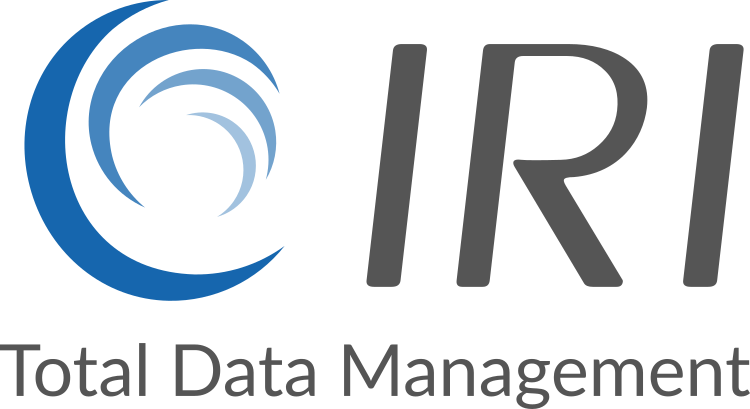Early 1990s
IRI began to grow more rapidly in the early 1990s amid a sort platform downsizing trend that continues to this day. Business improved further from CoSort’s adoption in the world's largest Unix data warehouses, and from its execution flexibility in Windows environments.
The largest contributor to this growth was the 1992 release of the 'Sort Control Language (SortCL)' program in CoSort, a flexible and self-documenting data definition and manipulation language and executable based on VAX VMS sort utility syntax. SortCL became the primary UI in CoSort, and would give rise to much of the company's functional and product line expansion.
Since the advent of commercial Unix, or "open systems," all major hardware manufacturers, including: Data General, HP, IBM, Intel, NCR, SGI, Siemens, Sun, Tandem, and Unisys, continued to seek CoSort benchmarks and cross-certifications while recommending CoSort to their customers. In addition, many leading DBMS, data warehousing, and vertical-industry ISVs -- as well as consultants in these spaces -- embed or recommend using CoSort in applications to speed transformations in big data environments.
1995
During a key expansion in 1995, IRI moved to Melbourne, on Florida's high technology "Space Coast," and changed its name to Innovative Routines International, Inc. The Company moved to larger space in 1996 and announced the release of CoSort for Windows NT, Windows 95 and OS/2 Warp. In 1997, CoSort became the first parallel Unix sort package, running jobs across SMP CPUs and setting new industry performance standards. CoSort version 6.2 sorted a gigabyte in under a minute. Later that year, PC Week declared CoSort the fastest sort for Windows.
1999
In 1999, CoSort 7 was introduced, and featured the only single-pass join technology in the sort market, in addition to extensive drill-down aggregation and cross-calculation functionality. Multi-threaded for SMP servers, CoSort 7 also introduced a unique Java GUI to allow users to read and write SortCL specifications and then execute them locally, or on any networked Windows or Unix server.
In succeeding years, CoSort saw increased adoption in database and data warehouse extract-transform-load (ETL) operations, vertical market application software, and e-commerce (clickstream analytics).


